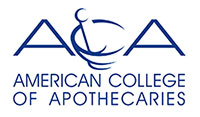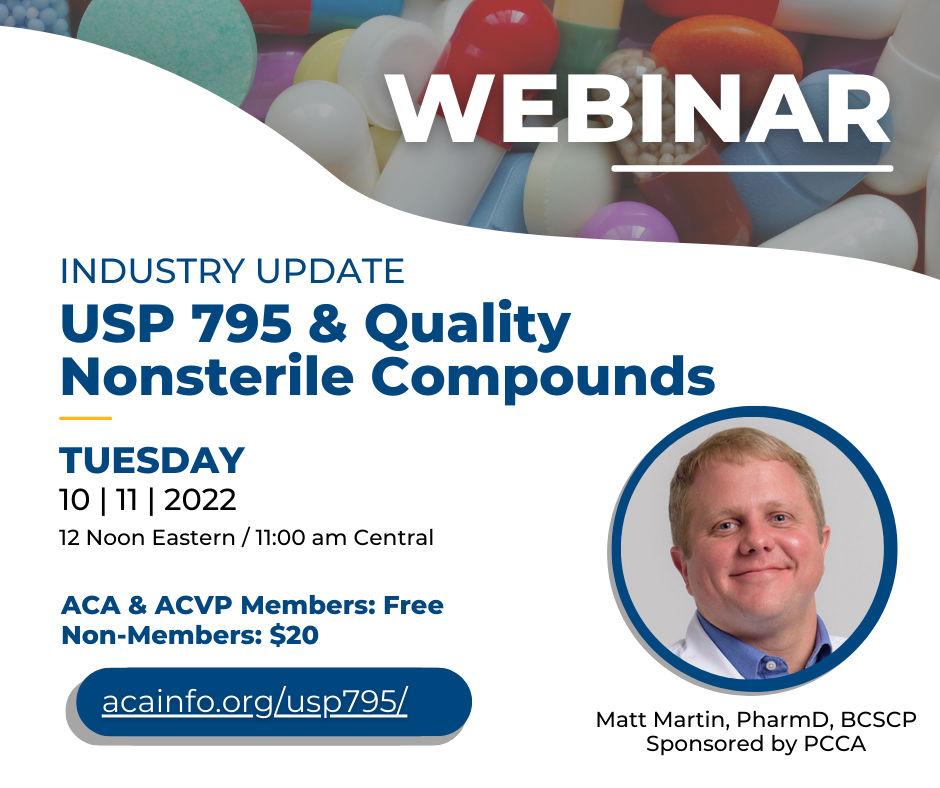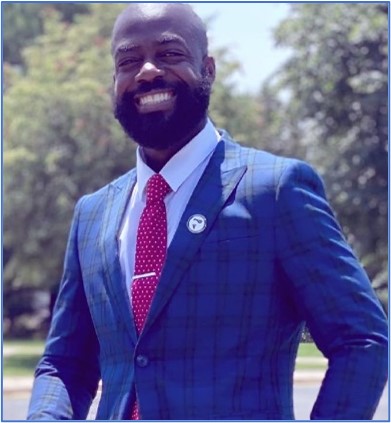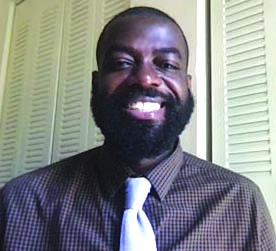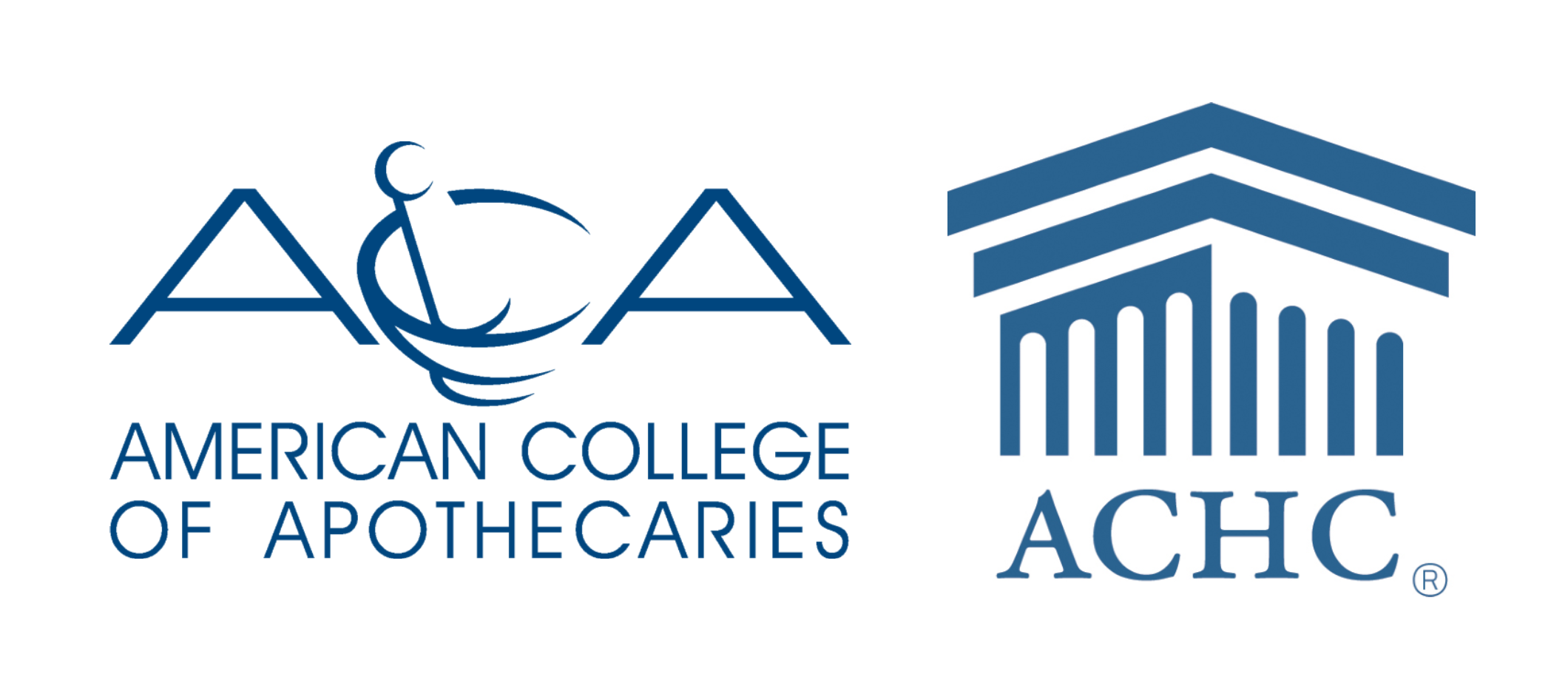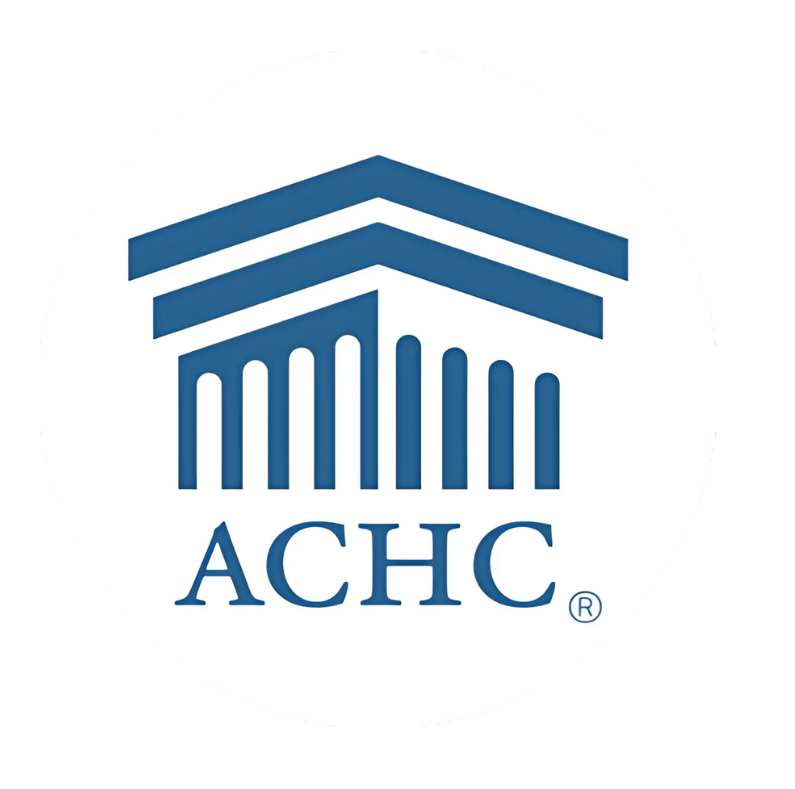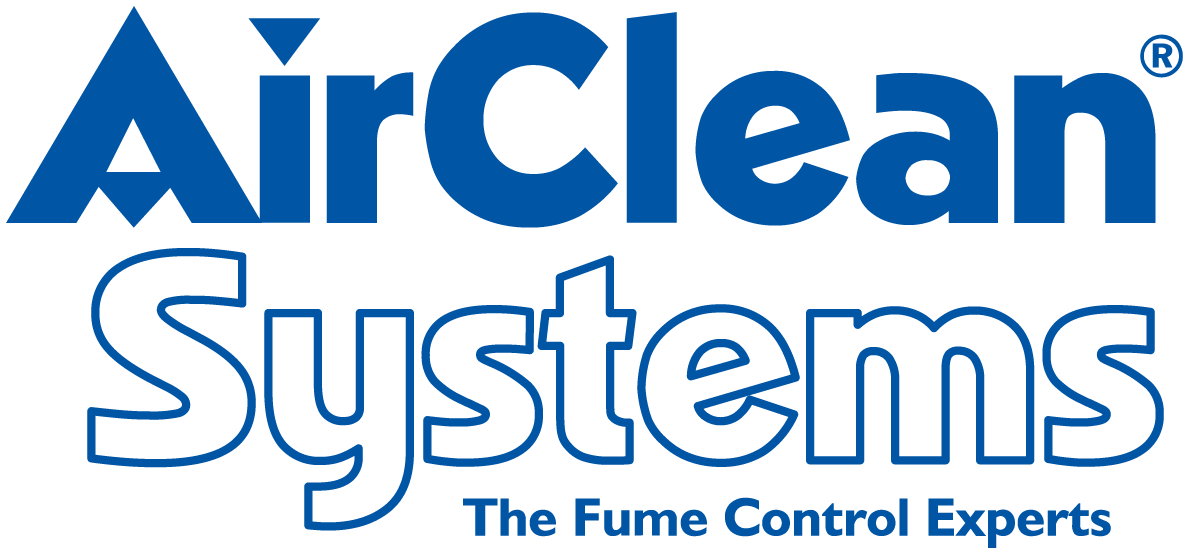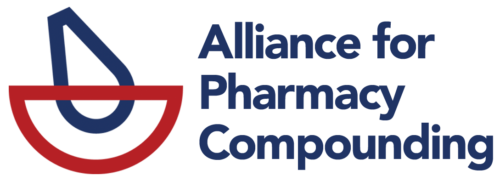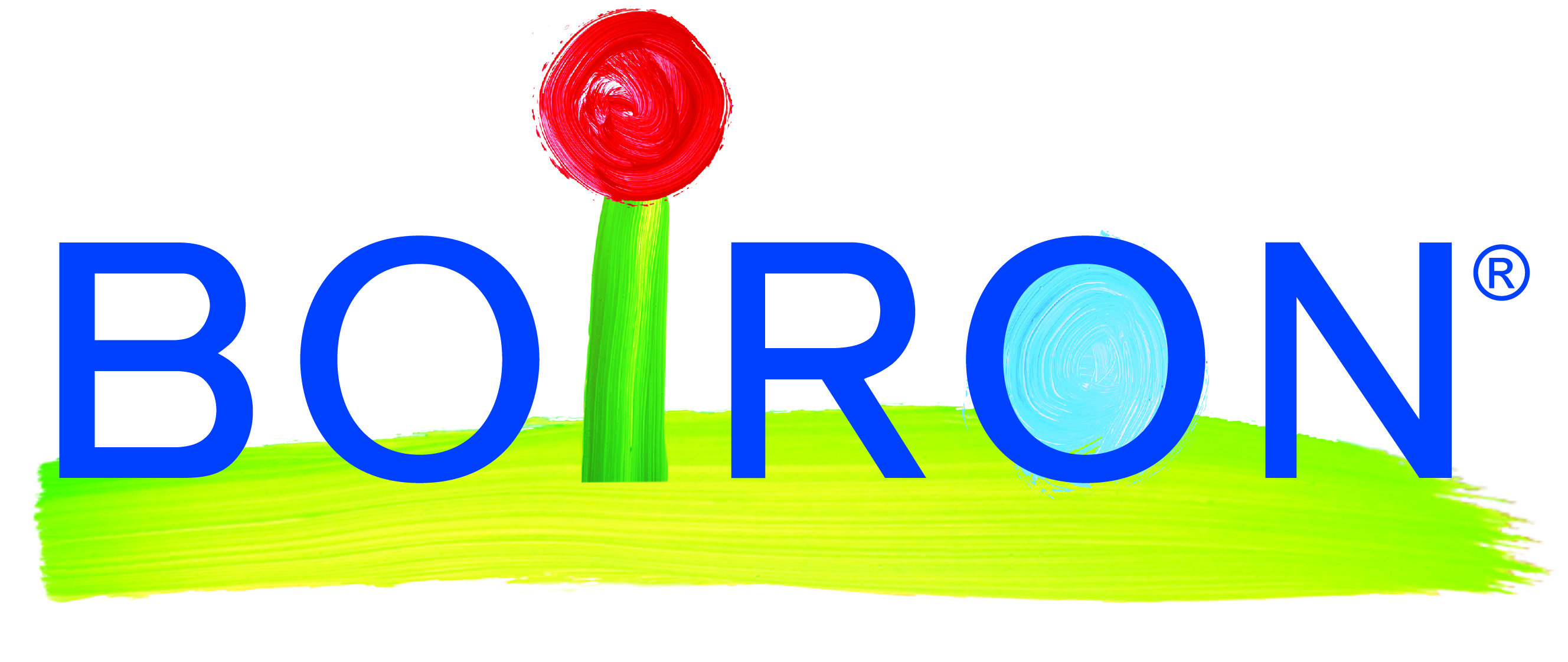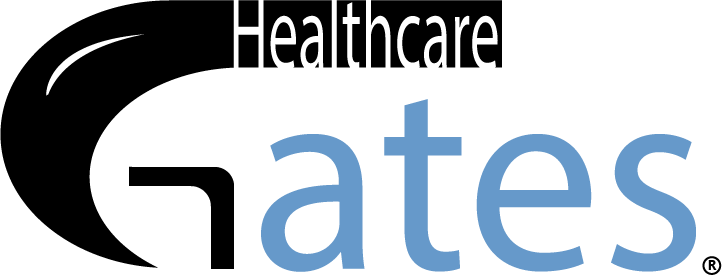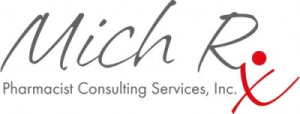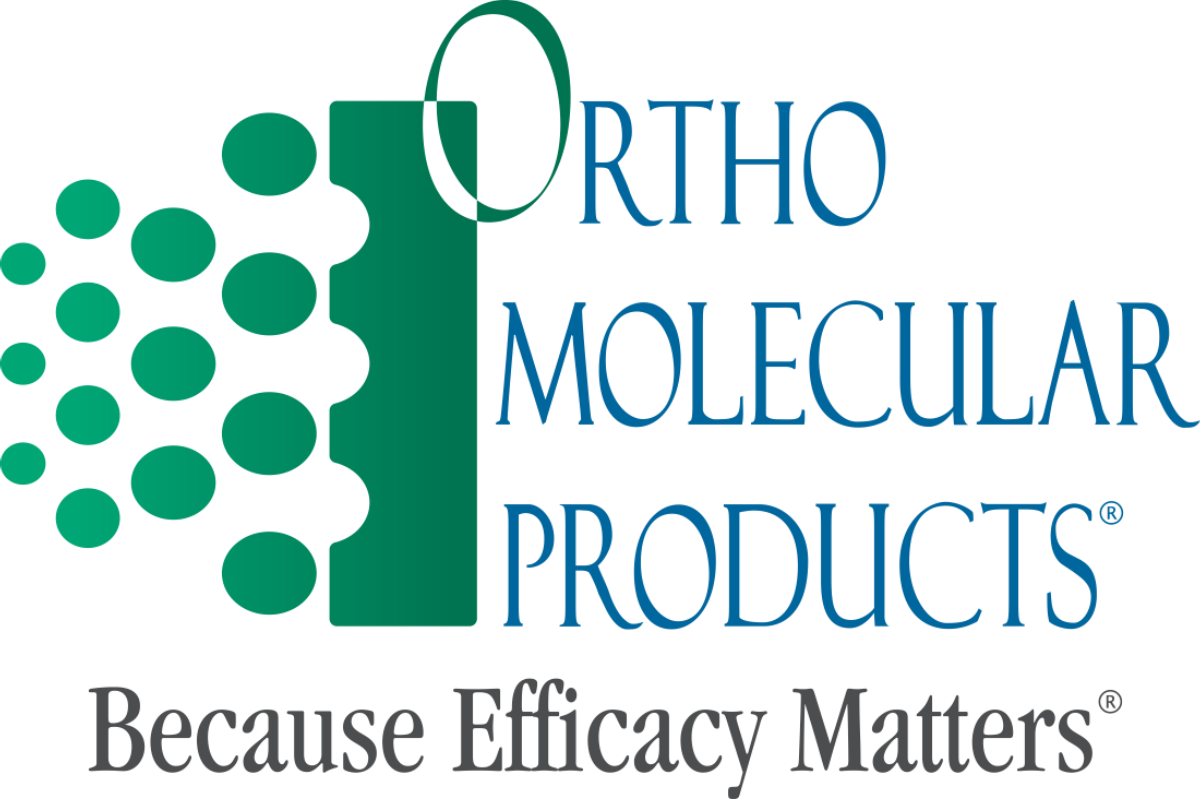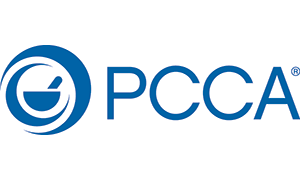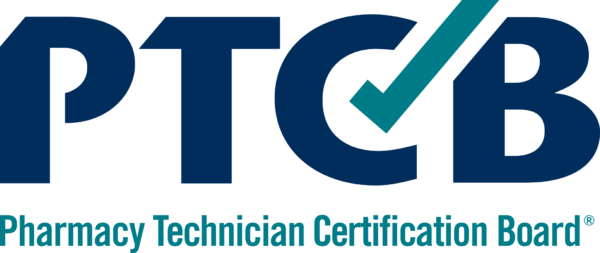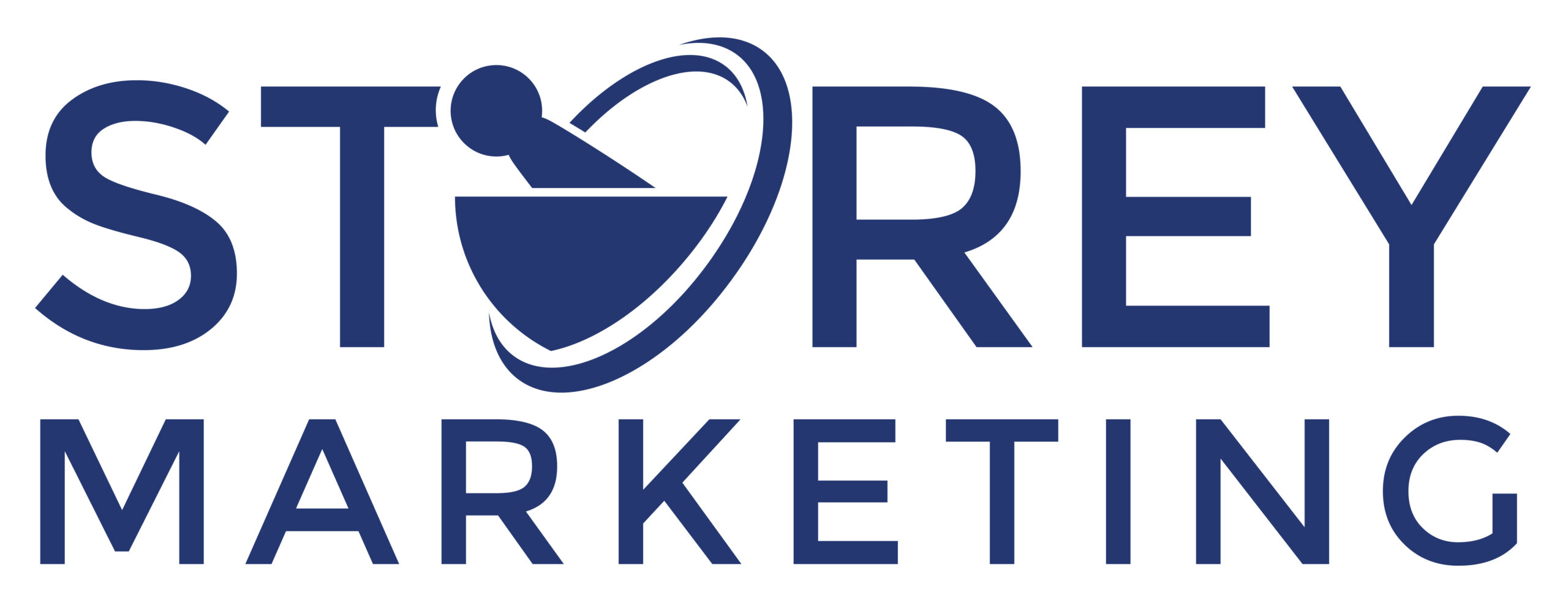Men and COVID Severity—New Research That Links Them. What Are the Implications?
Pharmacists/Technicians will have better understanding of why men suffered more severely from COVID-19 than women, and what that can mean in other acute, viral conditions. Pharmacist will be better equipped to discuss relative health risks/benefits of testosterone in cardiovascular disease and prostate cancer. Thus, the pharmacist/technician will be able to engage with and educate both physicians and patients on the information discussed regarding testosterone.
NOW AVAILABLE ON DEMAND!
Webinar Attendee: FREE
ACA & ACVP Members: $20
Non-Members: $35
Learning Objectives :
- Describe medical literature linking low Testosterone in men with severity of Covid-19.
- Discuss why low testosterone exerts this effect in men with Covid-19.
- Describe the latest literature discussing testosterone in relationship to cardiovascular disease and prostate cancer.
- Choose useful ways to find current medical literature on testosterone.
Register for On-Demand Webinar here: https://www.lecturepanda.com/a/testosterone
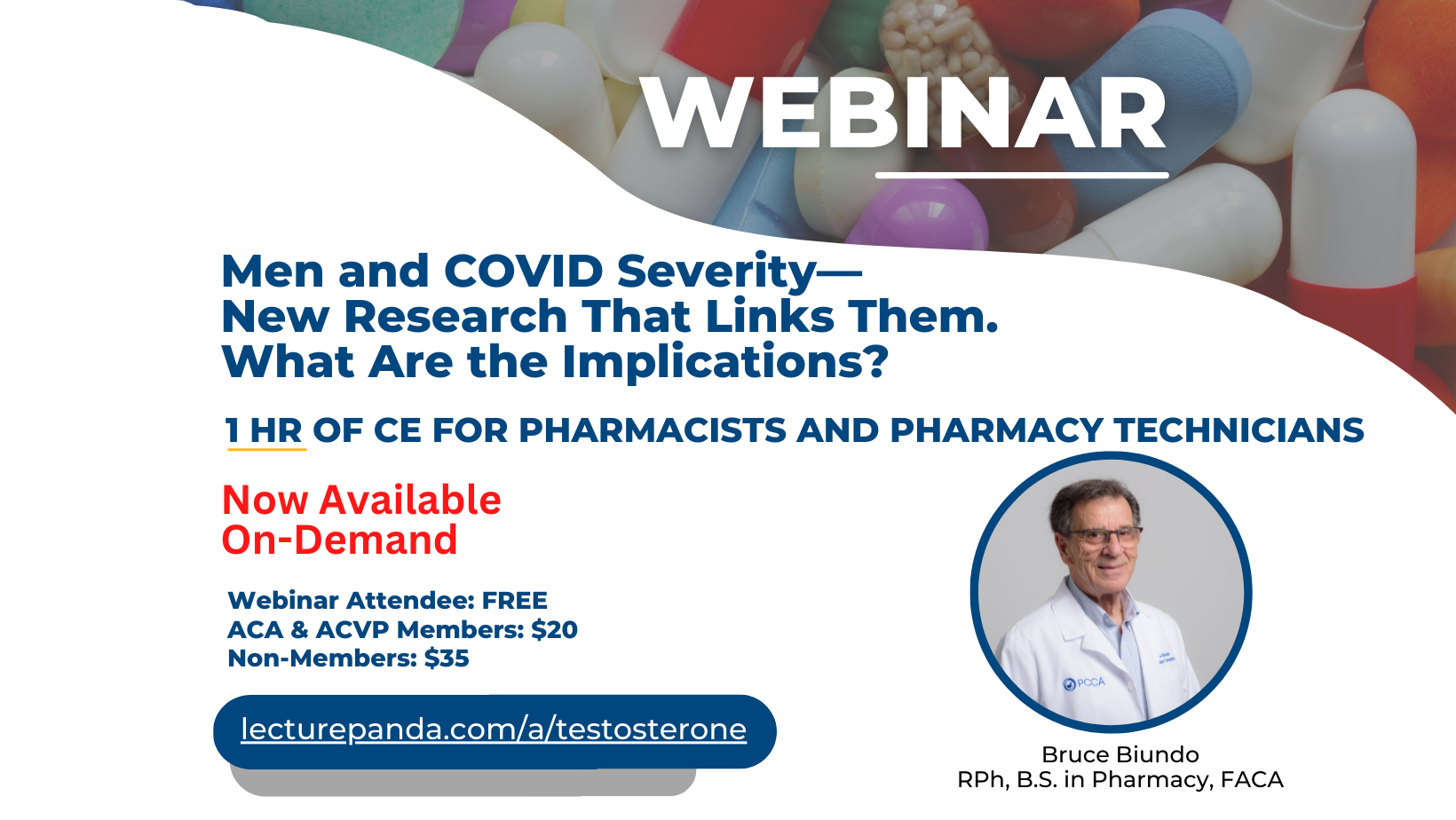
Bruce Biundo, RPh, B.S, FACA, joined PCCA as a pharmacy consultant in 1997 after many years as a community pharmacist. What is likely the first educational event on low testosterone in men was presented by Bruce at the PCCA International Seminar in April 1999. In a short time, the interest grew and over the intervening years, the breadth and depth of information has greatly increased. As Bruce’s knowledge increased, so did PCCA’s ability to educate pharmacists and physicians on how to diagnose and treat low testosterone in men. Over the years, Bruce has had a dozen articles published, mostly dealing with men’s health and testosterone topics. In addition, he was a contributor to Remington: The Science and Practice of Pharmacy, 22nd Edition, and is the co-author of the chapter on Nutrition in the book Aging Men’s Health. Bruce retired from PCCA in December 2021 but continues to provide compounding education.
